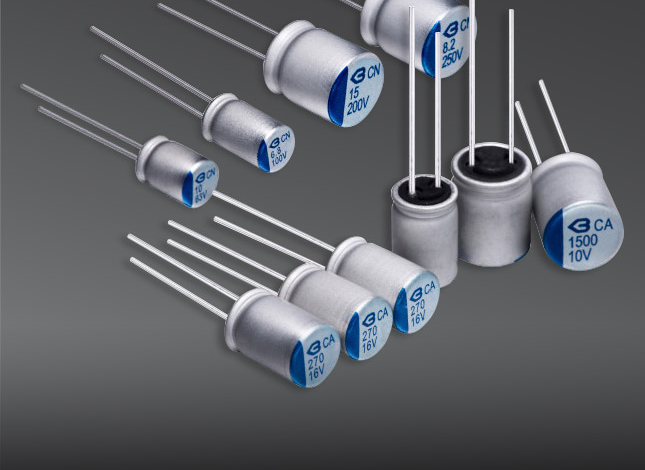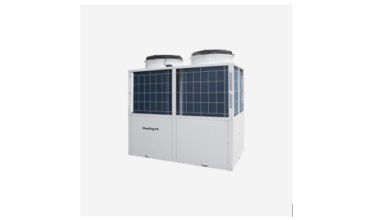The Difference Between Supercapacitors and Electrolytic Capacitors

Supercapacitors are used in high-power applications that require a lot of energy, such as electric vehicle batteries. This blog article will examine the differences between supercapacitors and electrolytic capacitors, explaining how they are made and their applications.
Supercapacitors vs. Electrolytic Capacitors
A supercapacitor is a capacitor that stores energy in an electric field. When you charge a supercapacitor, the electric field creates a large amount of energy that can be released quickly. This makes supercapacitors perfect for applications where you need quick bursts of power, like in electric vehicles and portable electronics.
They also have low resistance, which means they can discharge quickly and generate lots of power. Finally, supercapacitors are non-flammable, meaning they don’t create sparks when they discharge.
An electrolytic capacitor is a type of capacitor that uses an electrochemical reaction to store energy. When you charge an electrolytic capacitor, ions from the battery combine with the capacitor’s electrolyte. The resulting ions are stored in a highly polarized way so they can be released quickly and efficiently. They instead use an electrolyte that contains the ions that form when the battery is connected to the capacitor. When you reverse the polarity of the battery and connect it to another circuit, the ions flow from the capacitor and into your circuit to charge it.
How do Supercapacitors Work?
Supercapacitors are newer types of capacitors that have some unique properties. They work a little bit differently than other types of capacitors and can store a lot of energy in a small space. For example, supercapacitors can be used in devices like electric cars and phones because they can quickly provide power when needed and then release the energy slowly, so it doesn’t damage the device. Electrolytic capacitors are also useful, but they don’t have some of the advantages of supercapacitors.
What are the Advantages of Supercapacitor Technology?
There are several advantages to using supercapacitors over traditional capacitors. For one, they have a much greater power capacity, meaning they can hold a larger charge for longer. This makes them ideal for applications where high-power bursts are required, such as in electric vehicles or medical devices. Additionally, supercapacitors are resistant to heat and fire, making them a desirable choice for applications in harsh environments. Finally, they are economical compared to other capacitors, making them an ideal choice for applications where space is limited, or cost is a priority.





